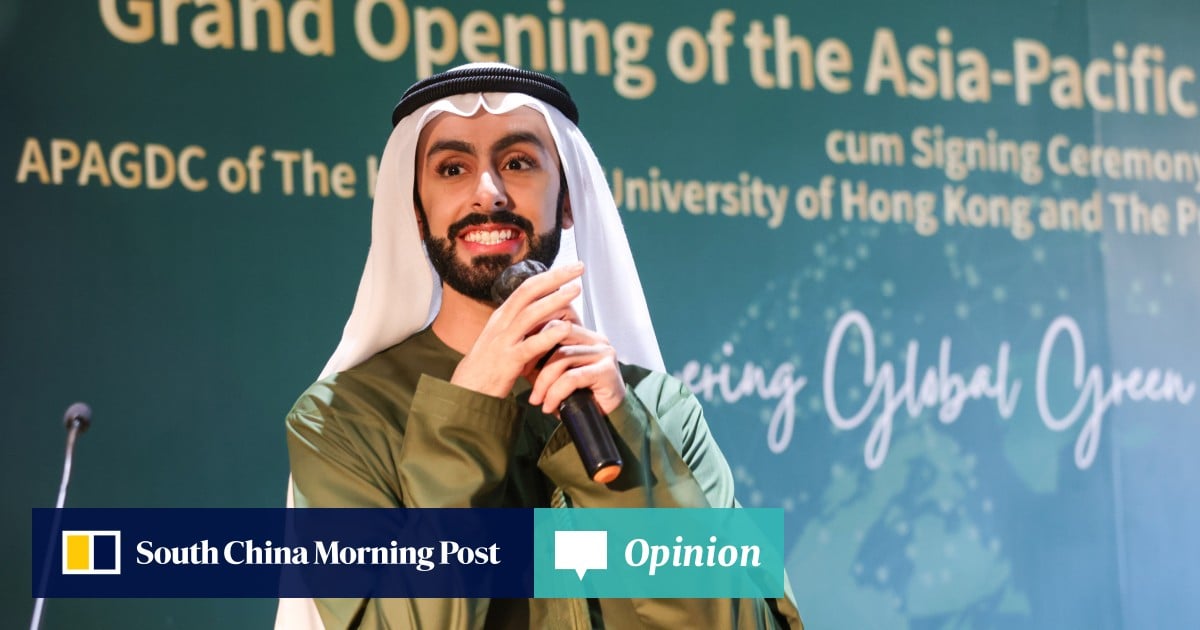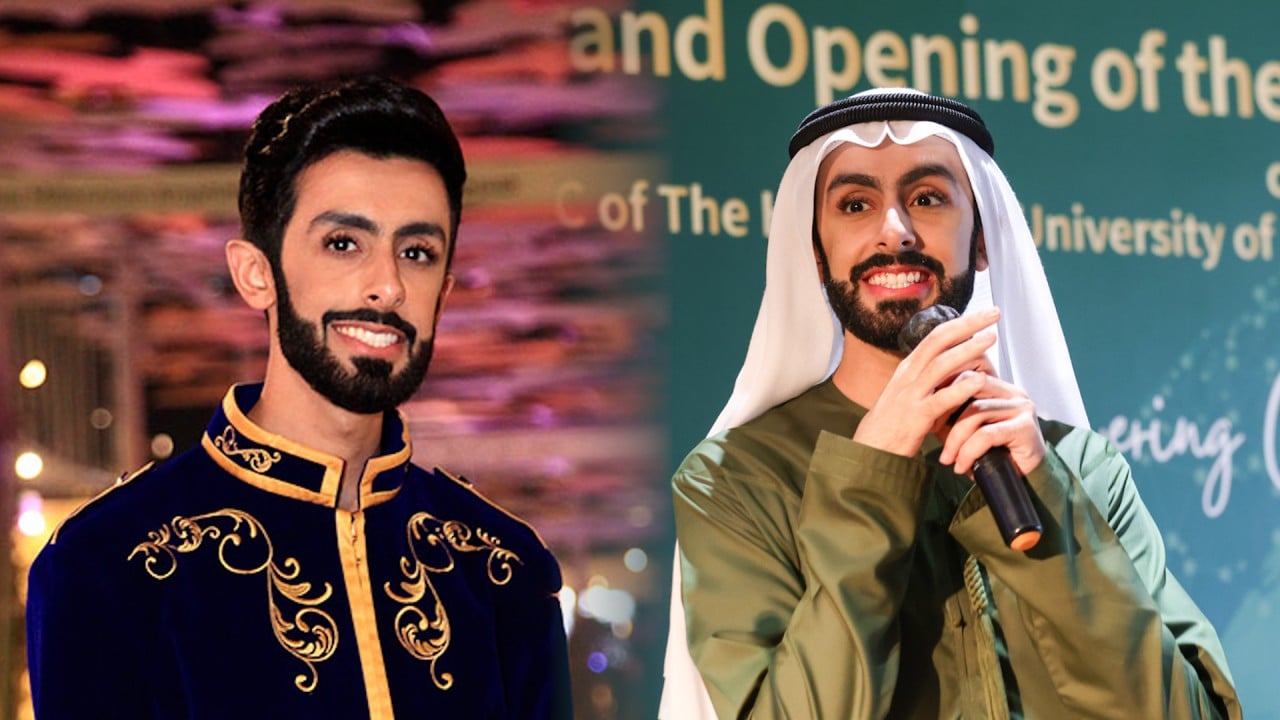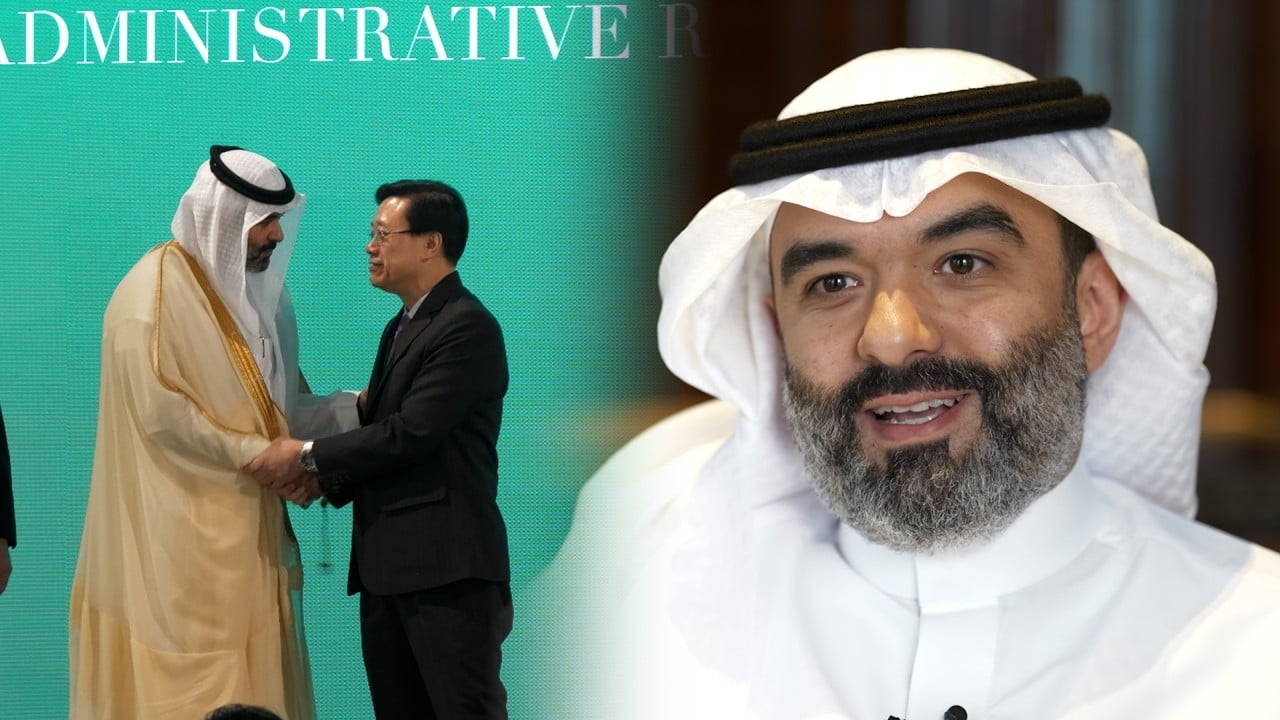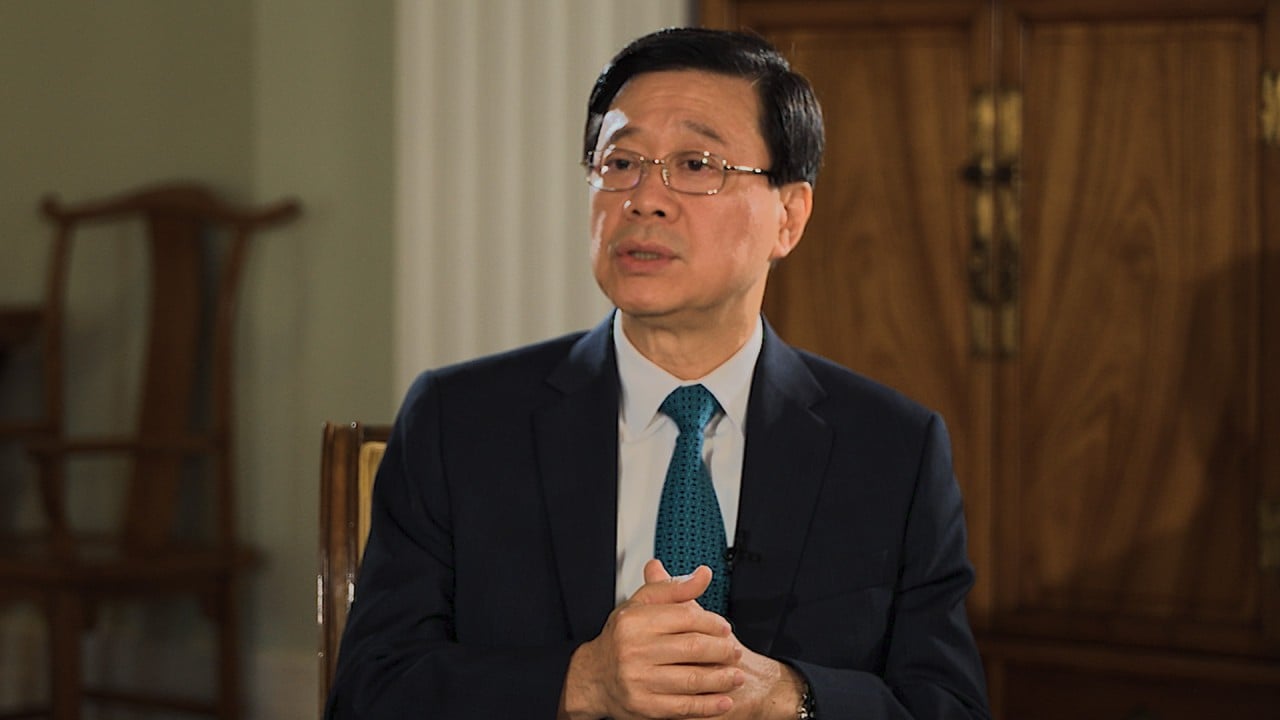Hong Kong’s eyes have traditionally been more focused on the West and mainland China. For decades, Hong Kong thrived by serving Western firms that wanted to invest on the mainland and Chinese firms seeking Western markets.
In recent years, Hong Kong has organised cultural exchanges with the Middle East, including through the Leisure and Cultural Services Department’s annual “Asian Ethnic Cultural Performances”. Most activities hosted so far, however, appear to have been one-time exchanges. They were also not targeted at building a local talent pool familiar with the Middle East.
For example, Hong Kong’s last Asia Cultural Co-operation Forum held in 2022, which included representatives from Iran and Saudi Arabia, was a useful platform for ministers and officials to exchange ideas. But it had a limited impact in helping Hong Kong build a comprehensive knowledge of the Middle East.
What might be useful is a deeper revision of Hong Kong’s school curriculum. Since the 2020/2021 school year for junior secondary students, the Education Bureau has added the topic “The rise of Islamic civilisation and cultural interactions between Europe and Asia in medieval times”. However, the extent to which local teachers are equipped with the knowledge to teach Islamic civilisation and culture should be examined.
The lack of Islamic culture studies in secondary and university education has left the city unprepared for an increase in demand for teachers qualified to teach such subjects. The government must conduct a comprehensive analysis of the available teachers and introduce training programmes if necessary.
Dubai a reminder to Hong Kong that democracy isn’t everything
Dubai a reminder to Hong Kong that democracy isn’t everything
The Education Bureau has sought to develop and deepen its teaching resources in Islamic studies by engaging experts from tertiary institutions. Yet, universities in Hong Kong still lack a stable core of Middle East experts. Chinese University has a Centre for the Study of Islamic Culture but its latest activity appears to be a lecture series back in 2021. And the centre’s latest locally published Chinese books on Islamic study are from 2020.
The University of Hong Kong is the only one in the city that offers a minor in Arabic studies. For most other universities here that offer any Middle Eastern modules, it is limited to the Arabic language. Though there are exchange programmes between local universities and Middle Eastern ones, the effect of these programmes and their popularity among students are questionable.
The Hong Kong government is clearly eager to engage with the Middle Eastern business sector. But, so far, local education and research on Middle Eastern affairs seem to be largely confined to history and language. What’s more, Hong Kong has far fewer scholars on Middle Eastern affairs than on Western and Chinese culture.
The government’s plan to engage the Middle East is driving demand for local talent who are experts on Arabic business practices, Middle Eastern societies and the Islamic culture and economy, but this demand can hardly be said to have been well met.
For Hong Kong to successfully position itself as the bridge between China and the Middle East, it must equip itself with knowledge of both sides. Though some progress has been made, more needs to be done.
John Hanzhang Ye is a PhD student in science and technology history at the University of Minnesota, Twin Cities, and also holds an MPhil degree in sociology from the Chinese University of Hong Kong




